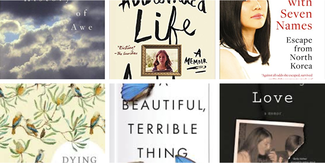 This year, books in the memoir genre were perhaps the most memorable reads for me. I’ve always enjoyed memoir and non-fiction adventure, but a few really stood out, and these books I believe I’ll be recommending for a long time to come. This year, books in the memoir genre were perhaps the most memorable reads for me. I’ve always enjoyed memoir and non-fiction adventure, but a few really stood out, and these books I believe I’ll be recommending for a long time to come. In the order that I read them (beginning with the most recent): As I write this, I’m wondering what made these books tower above others and what, if anything, they have in common. Well, in looking at the list, all but one of the books were written by women. Each book tells a very personal story, and all were page turners, beautifully written with inspiration threaded through each one. Two of them were about marriages gone wrong (the last two), one written by a woman in the throes of dying (she was in her early 60s), another in which the reader gains a rare peek behind the very closed curtain of North Korea, another about a traumatic childhood and its aftermath (Ariel Leve’s), and, finally, a story about what, in a world so filled with injustice and insanity, can still inspire awe in this life (Scott Sanders’).
All but the last were traditionally published; Not Exactly Love used a hybrid press and has sold well. Rather than go into detail about what the stories were about, I urge you to look up any that draw your attention. The style of writing varies, as does the structure. Ariel Leve’s book and Cory Taylor’s jumps around in time, while three are quite linear. Jen Waite’s story begins with the discovery of her husband’s betrayal, and successive chapters alternate between the time before the discovery and the time after, creating an interesting interplay between memory and experience. Show versus Tell An interesting aspect of memoir has to do with narrative and dramatic scenes, that is, how much “telling versus showing” should one do? And how much reflective writing ought to be included—by that I mean how often should the author reflect on an experience with the benefit of hindsight? As in most writing, there are no hard and fast rules, but for dramatic effect I believe action scenes help to bring the story to life, so that the reader can experience and empathize with what the writer witnessed and experienced. There are memoir writers, like Jeannette Walls, who use nothing but dramatic scenes and offer very little reflection or emotional response. She has a reporter’s instincts, and maybe for some stories that’s best. Personally, I like some reflection on a situation, but admit that Walls’ memoir was stunning. In a future blog post, I’ll delve into how you might approach the balance between action scenes (showing) and narrative (telling), and how much is right for your story. But for now, two ideas spring to mind. Both involve writing exercises. One, try imitating your favorite memoir writer by using a chapter, or even just a scene of his or hers, as a blueprint for your own story. The other writing exercise involves thinking about a few of the most compelling moments you plan to write about and just begin writing. Perhaps try writing it first as a scene, using dramatic action, and then do a version in which you use narrative to “tell” the incident. Try reflecting on the experience from the present-day perspective. See which you think is most effective. Bare Your Soul: honesty/truthfulness The six memoirs in my list were emotionally moving because the writers were willing to bare their souls about the challenging situations in their lives, and yet they never expressed their ordeals as victims, even when they were. They provided such situations either through scenes or factually, as Jeannette Walls did in The Glass Castle. This approach allows the reader to draw his or her own conclusions, especially effective when a situation is so awful that a writer’s response to it might seem too maudlin or sentimental. For example, Ariel Leve speaks of the trauma that was wreaked on her by her mother’s haphazard parenting, but it is done in an almost clinical way and/or she uses scenes. Her mother’s abdication of responsibility for her daughter’s well-being (while claiming otherwise) was mind boggling. This also touches on writing honestly and truthfully, which all six authors on my list did. The reader can tell when a writer isn’t being truthful. At least I think they can. Perhaps a notable exception was James Frey’s A Million Little Pieces, which contained quite a few exaggerations and outright lies. (And yet it was the second biggest selling book in 2005, right after Harry Potter! Thanks, in large part, to having been an “Oprah book.”) If you’ve read any of the six memoirs I mentioned, please let me know your thoughts. Ones on my list for next year: Becoming by Michelle Obama, andEducated by Tara Westover. |
Archives
May 2021
Categories |
Proudly powered by Weebly

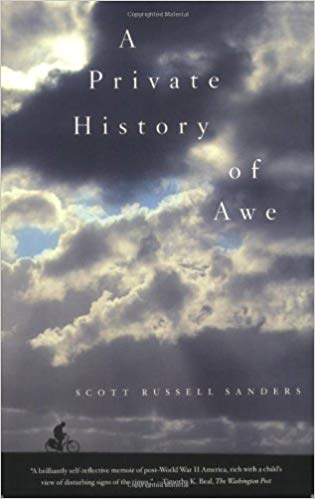
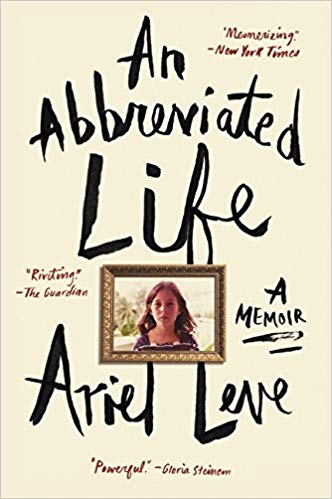
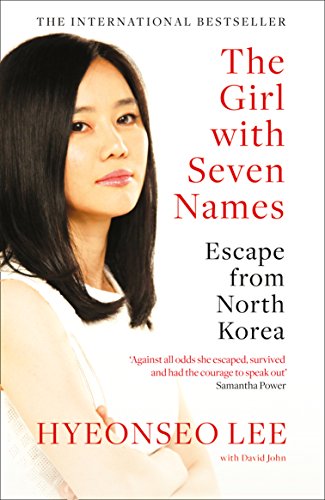
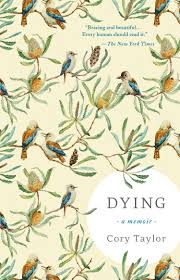
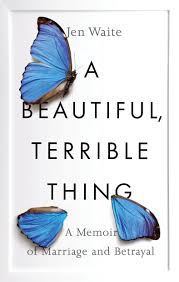
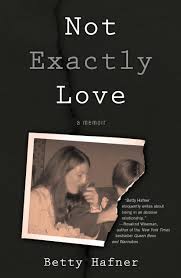
 RSS Feed
RSS Feed